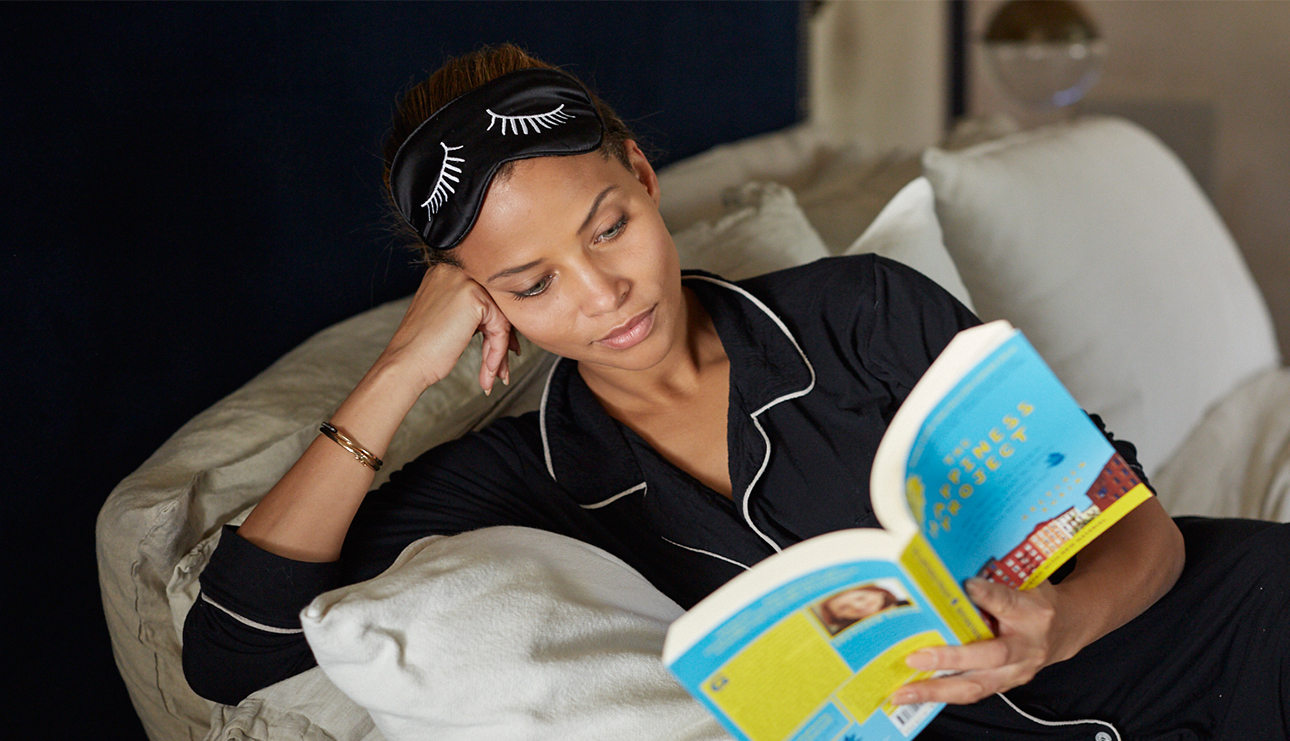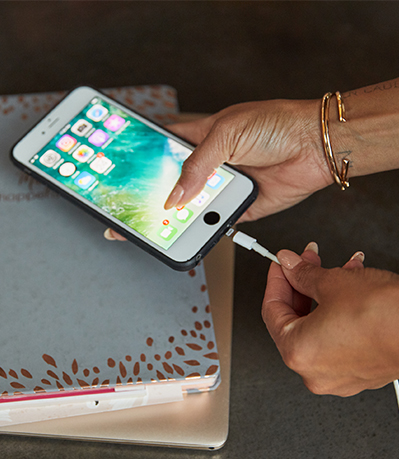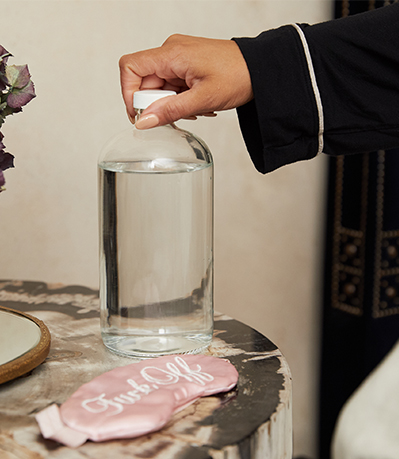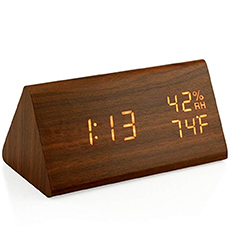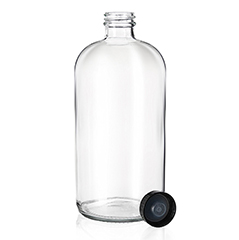7 Tips For Better Sleep
Do you ever dread the sound of your alarm in the morning, wishing for just another hour? The issue might not necessarily be the number of hours you’re sleeping but the quality of your sleep. Creating intentional habits can help you get the most out of your sleeping hours. We’ve compiled 7 tips to set you up for a good night’s rest, and they all revolve around routine.
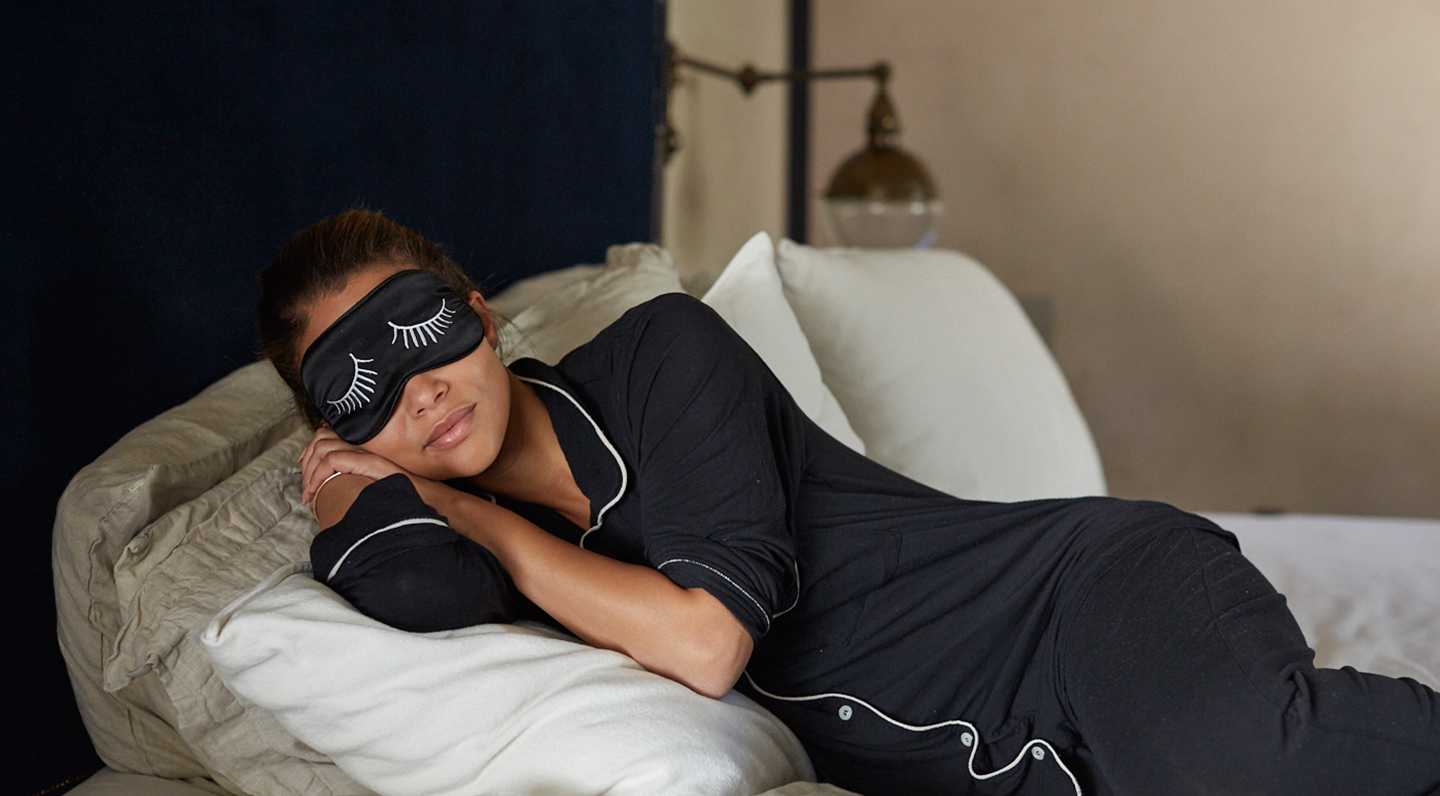
Set a sleep schedule
Having consistent sleeping habits will set you up for sleep success. There’s a reason parents create sleep routines for children — it works. The body has an easier time transitioning because it knows what to expect when there is a schedule. Going to bed and waking up at the same time every day, regardless of whether it’s the weekday or weekend, can help support your circadian rhythm. As your body gets used to a routine, you’ll find falling asleep is easier and you might even be up before the alarm.
Create a bedtime ritual
Start by signaling to your body that it’s time to unwind. This will look different depending on your personal preferences. You might want to read a book, sip on a cup of tea, or even delve into a skin routine. Journal about your day, practice freewriting, or set your intentions for the next day. This is a time where you can intentionally slow the pace down and focus on what you’re grateful for. Allow yourself to let the day go.
Keep the electronics at bay
Plan to disconnect from your phone at least 30 minutes to an hour before you sleep. This will help decrease your exposure to blue light, a type of light that has been shown to inhibit the sleep-inducing hormone, melatonin. Play things safe and charge your phone somewhere out of reach, or better yet, in another room. This will help you resist the urge to check your phone or scroll through social media during a moment of sleeplessness. Keeping your phone away from your bed at night can also help reduce your exposure to radio frequency energy. Invest in a traditional alarm clock to get you out of bed.
Be mindful of water
Getting up in the middle of the night to get water can really disrupt your sleep, but so can a parched throat. You can minimize your movements by planning ahead and keeping a water carafe by your bed for when you wake up thirsty. Don’t drink too much water before bed though, getting up to use the bathroom mid-snooze can also lower your quality of sleep.
Wear an eye mask
Light plays a big role in your sleep. Melatonin is stimulated when the eye detects darkness and hindered when the eye senses light. Using an eye mask can block out any unwanted light in the room when you’re sleeping. Depending on which direction your bedroom windows face, early sunrises can also disturb your final few hours of sleep. Wearing an eye mask to sleep ensures that the rising sun won’t wake you from your slumber prematurely.
Invest in a quality pillow
You don’t understand the power of a good pillow until you feel the difference it makes in your sleep. Investing in a pillow that properly supports your neck and head while keeping your body aligned can be a game changer. Ideally, you should choose a pillow that will give you the best support for your spine depending on the position you prefer to sleep in.
Get more sun
Sometimes it’s not the things you’re doing at night but the things you’re doing in the day that impact the quality of your sleep. Studies have shown that having direct exposure to sunlight during the day, and the morning hours more specifically, can improve your sleep. Not only does getting that morning sun help keep your circadian rhythm balanced, but it can also help boost your mood and increase your general happiness.



